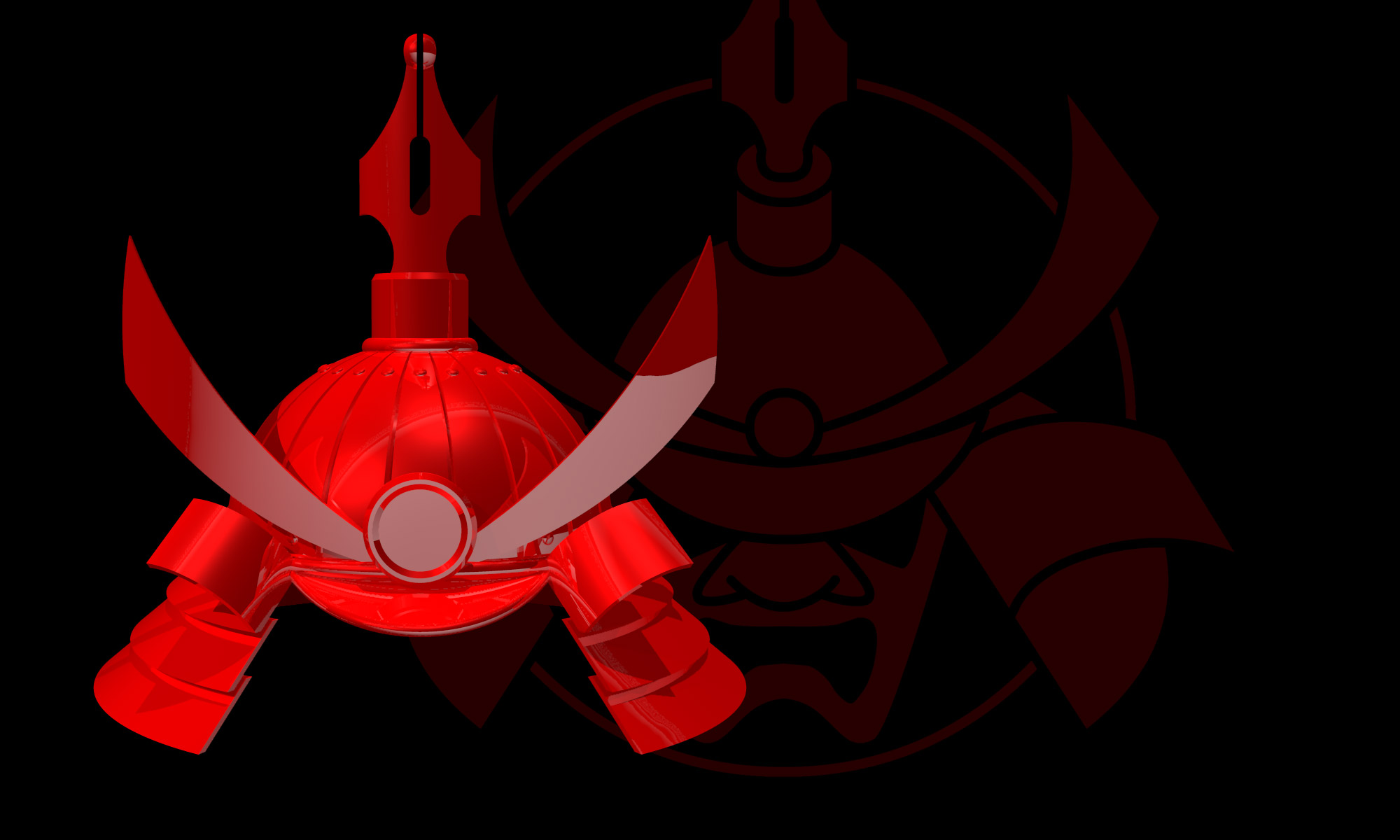1. Hidari peiji proofreading
When we were working on the Fudebakudo book together, Judith stated: "parody is only funny if it is accurate."
The left-hand pages of Fudebakudo are accurate. We can all thank Judith for that. Let me explain.
Judith and I met online through Planetarium, which is a puzzle story I wrote in the late 1990s. At the end of the puzzle is the xiii Forum where readers who've got to the end of the story can leave comments, to each other and sometimes to me. It's an exclusive place because it takes twelve weeks to get there.
Had I known then the quality of some of the puzzlers who would subsequently work through Planetarium I would probably have been scared off producing it. I didn't know there was such a thing as the National Puzzlers' League, not even when "NPL" started being dropped into comments in the xiii Forum. In fact, I was flattered because I thought it meant there were nerds from the National Physics Laboratory who'd done the puzzle.
Some of the USA's finest crossword-writers, anagramists, scrabblers, scribblers, and solvers belong to the NPL. Judith, as Sibyl (everyone has a nom, or pseudonym), edited The Enigma, the society's newsletter, for many years. It's a position requiring levels of erudition, accuracy, and humour which most mortals, even mortals who claim writing as their profession, can never hope to muster. Her background in some way explains it: I don't know it well enough to record it here accurately, because I come into Judith's story late — right at the end, in fact — but she was formerly a poet, a lecturer, a writer and a reader. As her husband Eric once told me, she can do things with words like nobody else he's ever met.
The point is Judith's language and learning was overkill for a project like Fudebakudo. But she generously offered her professional skills as a proofreader and I, perhaps a little out of turn, accepted.
If you have ever been professionally proofread, you will know that it can be a humbling experience. In the most basic sense, the proofreader's role is simply to point things out: the problem being, of course, that those things are wrong, and more to the point they are your mistakes and no one else's. There are the silly little things that anyone might get wrong; there are the things you wouldn't normally stumble over but for which, in these specific cases, you have some exceedingly clever or sophisticated excuse; and then there are all the other errors: the stupid, clumsy, ignorant, unfunny and grammatical ones. So by the time you're through with it, your proofreader knows you very well. It's a bit like having your brain measured, diced, weighed, and, inevitably, found wanting, but without an overt admission that such an analysis just happened. You both know it has, but nobody says so. Such is the polite restraint of a good proofer. This is, after all, someone who could wearily strike the whole bloody thing through and write it properly, but who does not, and instead delicately drains the bath-water whilst leaving the baby — the writer's ugly baby — intact. It's a rare skill, with a good dash of diplomacy thrown in too.
I made it hard for Judith: for rather feeble technical reasons, she didn't see the illustrations. For a novel, this is fine. For a book which is two thirds illustration, it is a significant impediment. While she was working on the words, she never saw any of the right-hand pages (which have the full cartoons on them) nor even any of the illustrations for the text with which she was working.
At one stage, she had to tell me that either I had missed a "t" off the end of the tiny Midge Assassins of Zhao, or else they were insects. I told her that they were insects; if she had seen the stupid pictures she wouldn't have needed to jump through these hoops just to make sure I was getting things right.
She also had to point out, patiently and several times, what was wrong with the phrase "transmission of Fudebakudo from student to master has traditionally been conducted in secret." She even fixed the alphabet in the index, because somehow the one I had designed was in the wrong order. Yes, really.
It was, I think we both agree, an interesting and extraordinary correspondence.
Well, the book was finished and if it is funny, it is because the text is astonishingly accurate. The mistakes that inevitably snuck through were all on the right-hand pages and are entirely mine. This is why eagle-eyed readers who look at the end papers may have noticed that Judith is credited as "hidari-peiji proofreader" — left-hand page proofreader.
I should also point out that, really, Judith wasn't just proofing; she was copy editing too — she checked dates and fixed my inconsistent Japanese and Chinese spellings, she gently guided my wayward style, and on several occasions performed that most essential of services: telling me when a joke didn't work.
The quality of the book is a result of Judith's patient and generous work, from the other side of the world. All this while she's in Portland, USA, and I'm near London, UK.
2. Arxnodorum
So, later and a couple of years ago, I flew out to Portland for Judith's 70th birthday party. To the amusement of us both, my friends had cautioned me about the dangers of flying 5000 miles to meet a woman I had only met on the internet — "you know," they said, "she's probably lying about her age." Well, it turned out that she wasn't, and furthermore it was a good party, and it was wonderful to finally meet.
That trip also coincided with the 2006 World Cup. I'm English, so I have to take an interest — it's part of our national character to feel compelled to watch our team losing. As an American, Judith hadn't been all that bothered about soccer; but she kindly videoed the England games, and followed the tournament with an increasingly knowing eye. By the time I left she was happy to discourse — without irony — upon the strengths and weaknesses of Sven's squad and whether Becks was all he was cracked up to be (he was, incidentally).
I rode in the ambulance that took her to hospital the day after the party. The ambulance caught fire. By way of a contrast, Sarah, her doctor, was exceedingly cool (she still is, as it happens). It was quite an adventure. Afterwards Eric sat me down before an American steak served by someone who for all the world looked like Britney Spears. That was a nice touch, after such a crisis and when Judith was safely in good medical hands, that he took the trouble to bring in celebrity servers for his credulous English guest.
At some point in that trip, I sat at the table with Judith and Eric and we talked about the Beholder project I had begun. I needed a word, a word for the central place of the story. Judith spent the afternoon with dictionaries spread over the table, following linguistic leads, using a poet's eye to gauge the shape of this word and the balance of that. After a week or so, I flew home with the word in my pocket: "Arxnodorum," which is the right word, and which is crucial to my current work.
When you know you are running out of time, you pick your projects carefully. I think it's fair to say Judith insisted on helping with this current project. I suspected that her time was limited and this work probably wasn't worthy; she knew better than I did what the real prognosis might be. She has, in this intervening time, also completed "the Twisto book," a fine and intriguing biography and tribute to a recently deceased NPL member.
So we've been in correspondence since then, working on the new project, and sharing jokes and research between the three of us, Judith, Eric, and me. Eventually, I got the first drafts of the manuscripts over to her and she set upon them with her steely knives. She has got everything done; she says it was a labour of love.
Last month I went out again; it was a working break, as I spent an extended time just fixing problems with the story, discussing changes and weaknesses. At different times, we read some of it out loud to each other. Judith surprised me by slipping in a few extra lines — for example, the fairy-tale protagonist became a "silly bitch" after a particularly unwise decision — to check that I was paying attention. We had a great time, and Eric and I shared good coffee in the mornings and good single malt in the evenings. I learnt to speak fluent American, I kept an eye on the veranda for the critter dance I had been assured happens from time to time (raccoons, possums, and squirrels, doing a sort of Oregonian hoe-down, I believe), and I pointed at all sorts of wondrous things in the local Freddie Meyer supermarket.
Judith had a heart attack two days after I flew back to the UK.
This summary seems oddly stark now I read it, because it's just about my involvement with Judith through Beholder and yet we have, all three, become unlikely friends beyond such a thing. There were other odd synchronicities and connections that we have made, and Judith and Eric also brought me into their circle of excellent friends (not to mention their remarkable son, Jeremy). It's been a privilege and an adventure.
So . . . It's a matter of disappointment that we now know Judith won't see the book when it is done next year — in fact, she won't see next year — or any of the things that may spin off from it. Judith, you probably suspected as much when you were waiting for those first draft manuscripts — boy, is he leaving this late. Honestly, I was writing as fast as I could.
I'll miss you Judith, every time I remember to use that Oxford comma, or hear or say "which" when it should be "that", or mess up the pesky subjunctive that we Brits don't use consistently. Of course, I'll also try not to say "of course" too many times. Thank you for all of it. It was mazal tov, wasn't it?

